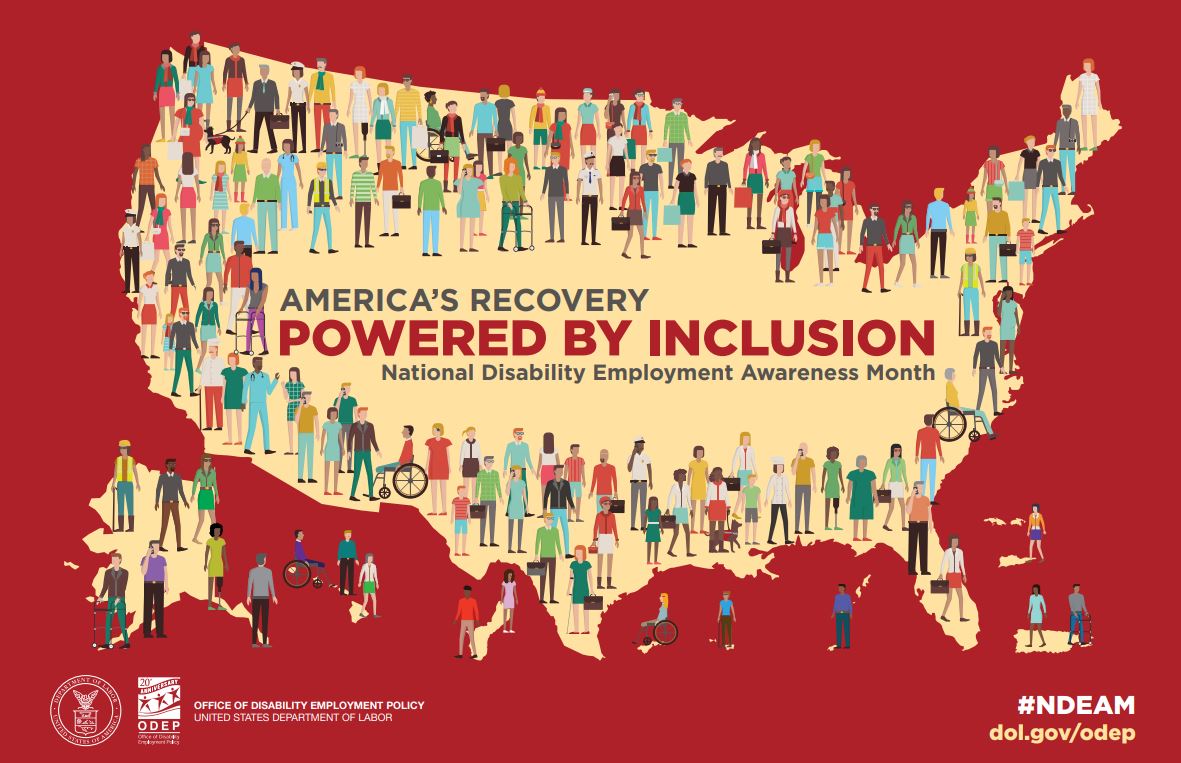Updated EEOC Guidance on COVID-19 Vaccine Policies
If you require or encourage your employees to get the COVID-19 vaccine, you should know about the EEOC's updated guidance. Read through to make sure your company stays safe and compliant.
The Equal Employment Opportunity Commission has updated its guidance on workplace COVID-19 vaccine policies. The agency's original guidance, issued in December 2020, addressed COVID-19 vaccine mandates, discussing COVID-19 diagnosis or vaccination status with employees, and handling reasonable accommodation requests from employees.
The EEOC's updated guidance clarifies whether employers can mandate COVID-19 vaccinations and offer incentives for getting vaccinated. Below are key takeaways from the updated guidance.
Employers can generally mandate COVID-19 vaccines
Federal equal employment opportunity laws do not prohibit an employer from requiring all employees physically entering the workplace to get the COVID-19 vaccine. However, employers must adhere to the reasonable accommodations provisions of the Americans with Disabilities Act and Title VII of the Civil Rights Act.
Employers must consider the reasonable accommodations provisions for employees seeking exemptions from the vaccine for disability or religious purposes unless granting such accommodations would cause the employer undue hardship.
The vaccine requirement cannot have a disparate impact
Employers mandating the COVID-19 vaccine must ensure that the requirement does not disproportionately exclude employees based on their race, color, national origin, sex, religion, age, or other protected class.
According to the EEOC, "Employers should keep in mind that because some individuals or demographic groups may face greater barriers to receiving a COVID-19 vaccination than others, some employees may be more likely to be negatively impacted by a vaccination requirement."
Employers can offer incentives, provided they are not coercive
Employers can provide an incentive to employees to get vaccinated directly through the employer if the incentive is not so big that it turns out to be coercive. As noted by the EEOC, if the incentive is too large, it could make the employee feel pressured into revealing protected medical information. This incentive restriction does not apply if the employee gets vaccinated through a third party that is unrelated to the employer.
Employers can also offer an incentive to employees for providing proof of vaccination by a third-party provider. Employers must treat employees' vaccination disclosures as confidential medical information, which must be kept separately from the employee's regular employment file.
Employers can provide vaccine education
Employers may give employees and their family members information about COVID-19 vaccines to educate them and raise awareness about the benefits of getting vaccinated. The EEOC's updated guidance includes links to resources for employees seeking COVID-19 vaccine information.
It's important to note that the EEOC's guidance applies only to federal EEO statutes. State and local laws may have different restrictions on COVID-19 vaccine policies, including employer vaccine mandates and incentives. Other provisions may apply, and guidance may change over time. Be sure to consult qualified professionals before creating a policy at your company.
Looking for more HR Guidance and support for your small business? Work with a certified HR Professional today.





Reply a Comment